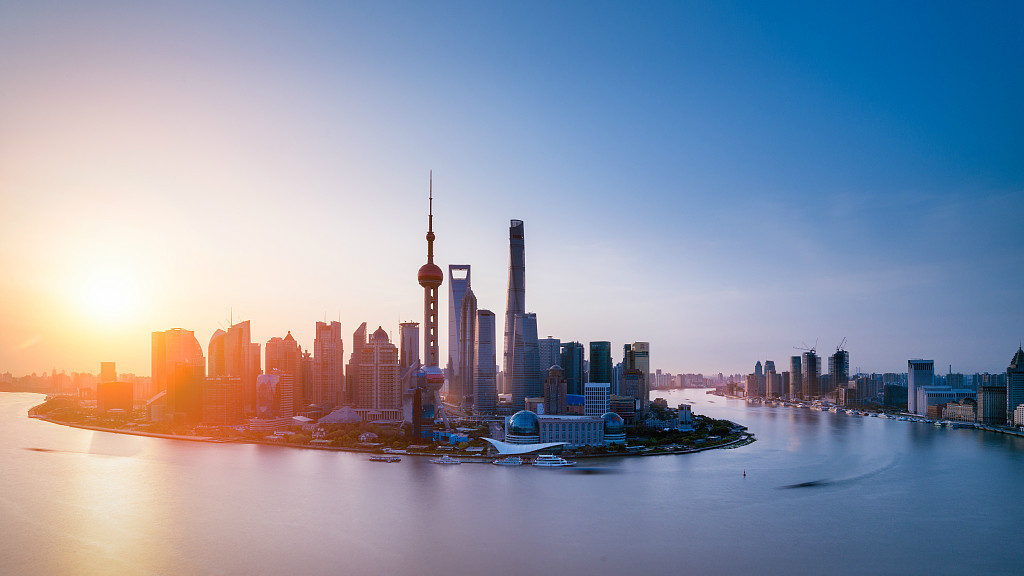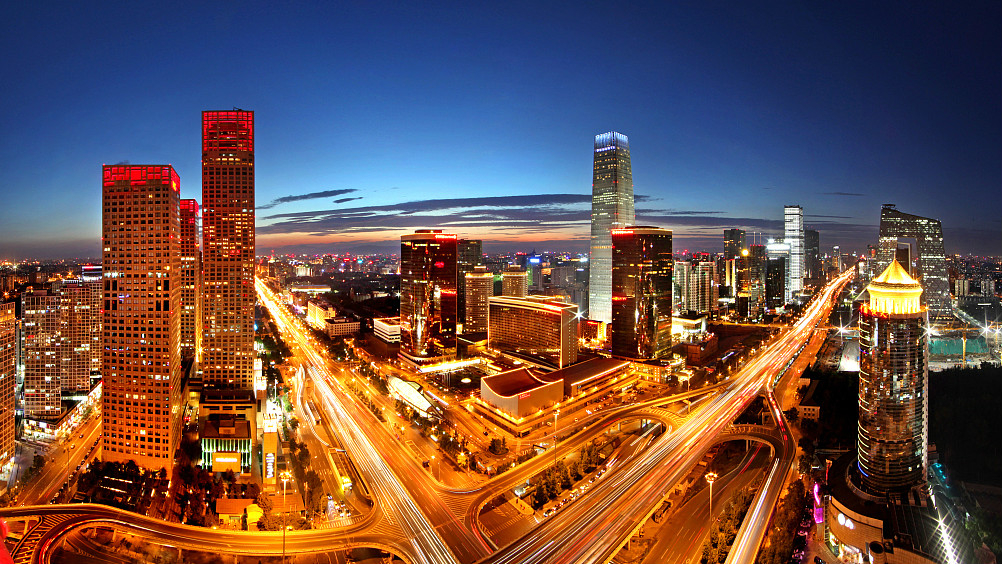01:07

Try to imagine that your house and your job are allotted to you for free.
Many households experienced this, including Zhang Jingyi. Three generations of her family worked for the state's construction agency, China Construction Second Engineering Bureau, since the founding of the People's Republic of China (PRC). Her family story depicts the essence of China's economic development in the past seven decades.
Zhang Jingyi's grandparents worked in the early days since the founding of the PRC, when the construction conditions were rudimentary and the buildings were poorly constructed. As a former soldier, Zhang's grandmother was decommissioned in 1952 before being assigned a job at the construction agency. Hardship and simplicity were key words for life at that time.
Throughout the first three decades since the founding of the PRC, the country struggled to move forward under the planned economy.
It was in 1978, at the 3rd plenary session of the 11th Central Committee of the Communist Party of China, that the new policy of reform and opening-Up established economic development as the country's primary national goal. "Emancipate the mind, seeking truth from fact, and unite as one to face the future" was the course set to reshape the country.
During this time, Zhang's parents were at the prime of their careers. Although still rough, building conditions improved to meet safety standards. At that time, there was no labor contract, but employment was considered lifelong – the so-called "iron bowl employment." The home in which they lived was given to them free of charge in the 1980s, but the basic dwelling was not very good.
Later, in 1992, the 14th CPC National Congress made a commitment to economic system reform, and established the "socialist market economy," further enhancing China's capacity for economic growth.
In 1997, the 15th CPC National Congress established a mixed economic system where public ownership played a dominant role and, side by side, non-public enterprises could also be developed; "shareholding" became a primary mechanism for business structure.
As China deepened its reform, the economy began to pick up. The country maintained a high GDP growth rate in the two decades that followed and people started to enjoy a better life and having more options in China's growing market.
Today in the new era of the 21st century, expectations for buildings go beyond safety and quality. Designs are expected to be beautiful, practical, energy-saving and environmentally friendly. There are even electronically "smart" homes. Permanent jobs or the "iron bowl" are history.
Employees will sign a labor contract with companies in establishing labor relations. People are pursuing better conditions for themselves.

Night scene of Beijing's CBD. /VCG PHOTO
Night scene of Beijing's CBD. /VCG PHOTO
This story of Zhang Jingyi's family is a genuine portrayal of many Chinese families. These changes reflect some of the events that are of vital importance in China's development:
On December 11, 2001, China became the 143th member of the World Trade Organization (WTO). It is a historical certainty that the accession to the WTO has driven China's own development and accelerated the expansion of globalization.
Today, China Construction Second Engineering Bureau is expanding its operation overseas as part of its plan to carry out the Belt and Road Initiative (BRI).
Looking back, Zhang Jingyi said that reform and opening-up and China's entry into the WTO have greatly helped bring China and the world closer economically; looking forward, she thinks the BRI will significantly integrate China with other countries, especially developing countries across Asia and Africa.
Zhang said she is very confident as China is moving towards the Chinese Dream of achieving the "Two Centenary Goals": becoming a "moderately prosperous society" by 2020 (2021 being the 100th anniversary of the Communist Party of China) and becoming a fully developed, modernized, socialist nation by 2050 (2049 being the 100th anniversary of the founding of the PRC).